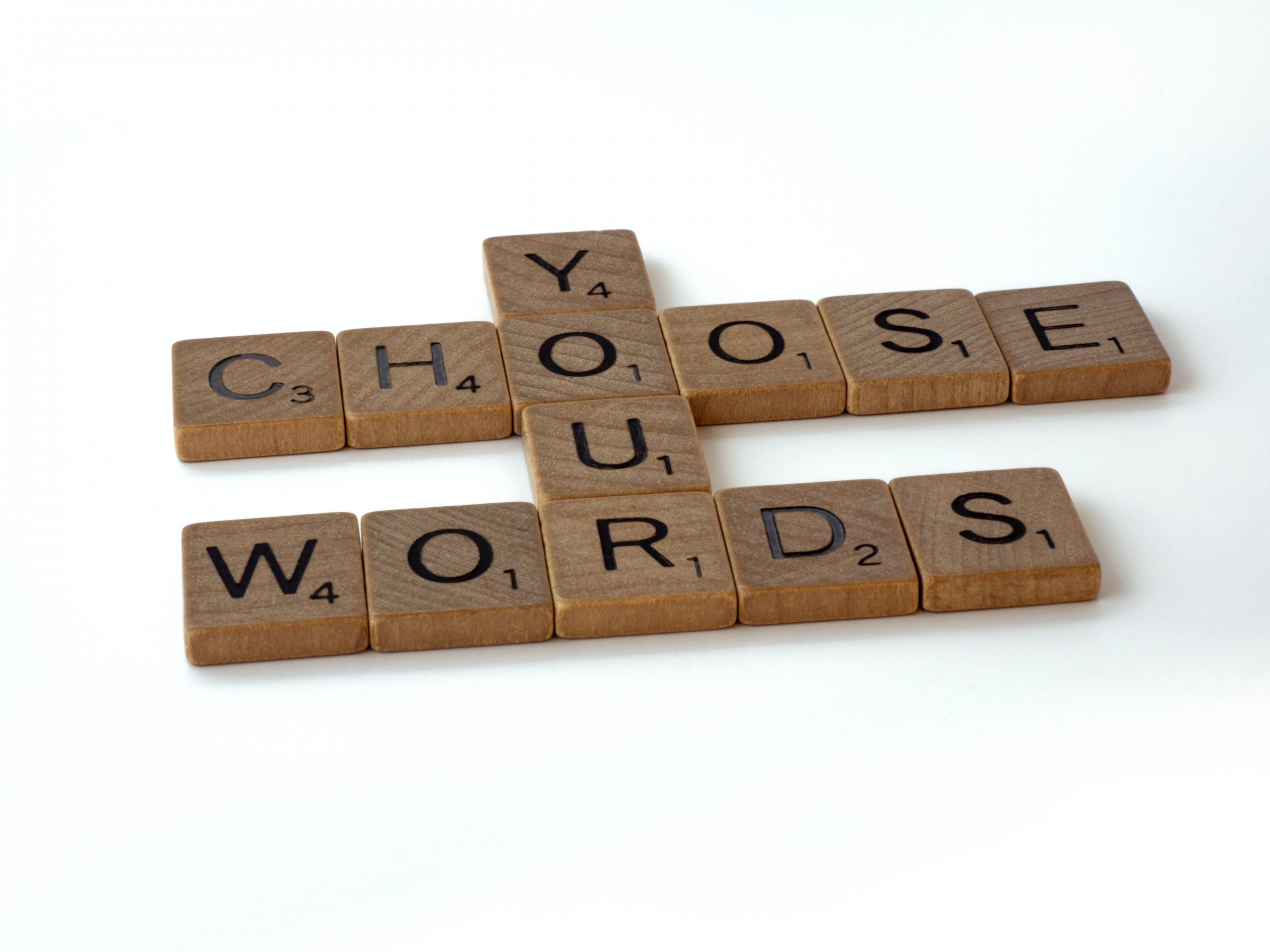
I recently heard a podcast interview with Benjamin Wittes, the editor of a blog called Lawfare that I read every now and then. Wittes was talking about the role of context in determining the meaning of speech acts according to the law. He cited the following example: If an insurance salesman says to me, “You have a beautiful house, it would be a shame if something happened to it,” we can understand that as a perfectly normal thing to say. But if a mob boss says the same thing to me, we would understand that as a threat. That is to say, words often don’t have absolute meaning. Rather, we have to understand the context in which they are uttered in order to discern the meaning they convey.
I’ve been thinking about this issue of words and context a lot lately, in the midst of the Israel-Hamas war. There has been, of course, a great deal of public discussion of the meaning and context of the words, “From the river to the sea.” Likewise, we encounter questions about the context in which references to Amalek are invoked, or the meaning of words like “humanitarian pause” or “ceasefire.” At the rally on the National Mall that I attended on Tuesday, I found myself thinking about how messages that are directed internally to the Jewish community are understood by people in other communities—or how words directed internally within other communities are heard and experienced by our own, given our particular stories and experience. Words like “Never Again” can evoke different emotional responses depending on our own history, who is saying them, where and when.
There is perhaps nothing Jewish tradition does better than consider the possible meanings of words. Torah, in its broadest meaning, is understood not only as the Five Books of Moses, but the thousands of years of interpretation of those books—and of the further interpretation and discussion of those interpretations. For Jews, the work of making and interpreting and understanding language is the holiest thing there is. It is what we mean—or, perhaps more accurately, one of the things I think we mean—when we say, as the Mishnah does, “The study of Torah is equivalent to all the other mitzvot put together.”
Parashat Toldot contains one of the murkiest, most mysterious passages in the Torah: Jacob’s deception of his elderly, blind father, Isaac, in order to steal his brother Esau’s blessing. One of the ways we can understand this story is as a reflection on the complexities of language and interpretation. We can read the story as the struggle of Isaac to understand clearly what is happening—and of Jacob to discern how to behave. As readers, we sense Isaac’s profound challenge: He seems to know something is off in this situation, as reflected in his repeated attempts to verify the identity of Jacob (who he thinks, and wants to believe, is Esau). We can sense Jacob’s struggle to carry out the task. And we can even sense the struggle we, as readers and interpreters, have in discerning the meaning of the story—this last perhaps most clearly when Isaac asks, “Who are you, my son,” and Jacob replies, “I am Esau, your firstborn.” Rashi, unable to live with the idea that Jacob lied so directly, strains credulity by parsing the verse, “I am, [and] Esau is your firstborn.” In the context of the story, such an interpretation is incredible. In the context of Rashi’s larger project, and his theological and ideological commitments, it’s understandable. Context is key.
One of the values I find in mindfulness practice is that it invites, even demands of me to pause and consider the context of words—both words I speak or write and words I hear or read. As I shared recently, I’ve been referring a lot lately to the Buddha’s five principles of right speech (and right listening): Are these words true? Are they timely? Are they gentle? Are they beneficial? Are they spoken with goodwill? Wartime is, almost by definition, one in which our capacity to create space between stimulus and response is reduced. Our world of social media, which is designed to feed and feed on our reactive impulses, intensifies that reality even more.
All of which suggests to me that we need to double down on our practice, to insist on more space and time in evaluating the words we see and hear, and the contexts in which we see and hear them, and crafting the words we put out into the world and the contexts in which we do so (and, it should go without saying, to reduce our time on social media).
So much depends on our words. A few words uttered by Jacob in this week’s Torah portion have an enormous effect on his own life and that of his descendants—right down to today. May our practice help us communicate wisely and listen with clarity and resilience.
